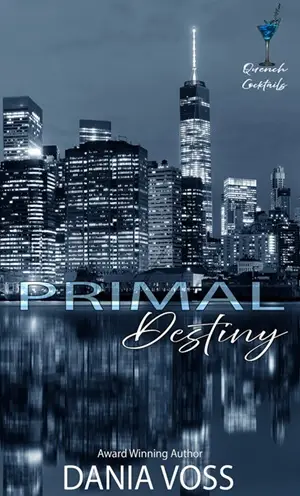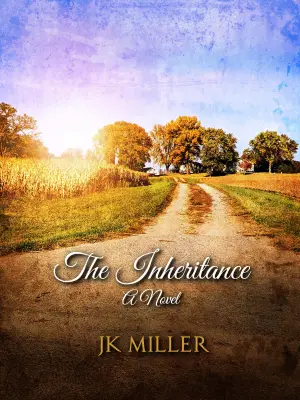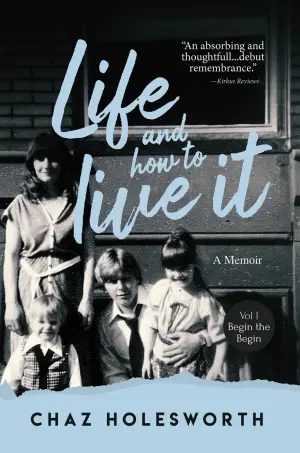As an avid reader and long-time science fiction lover, I was thrilled to delve into The Big Book of Science Fiction, edited by Ann and Jeff VanderMeer. This expansive anthology, boasting nearly 1,200 pages of stories from both renowned authors like H.G. Wells, Arthur C. Clarke, and Ursula K. Le Guin, and lesser-known talents from over 25 countries, intrigued me right from the start. The opportunity to explore a comprehensive collection that spans galaxies and millennia felt irresistible.
Diving into the book, I found it hard to resist the allure of classic tales mixed with contemporary voices, especially since the anthology promised to include stories that had never before been translated into English. The editors’ commitment to showcasing a diverse range of voices—particularly from women and authors outside the Western canon—was a refreshing approach to the genre. It made the reading experience rich and varied. Some standout pieces included W.E.B. Du Bois’s haunting The Comet and the utterly unique Sultana’s Dream by Rokeya Sakhawat Hossain.
Many readers have praised this anthology for its vast collection of high-quality stories and the insightful commentary provided by the editors. A fellow reader, BookReader73, noted that while not every story might resonate with every reader, the sheer variety ensured that classic sci-fi lovers would find something to cherish. This sentiment rang true for me as well; there were plenty of gems to discover amidst the pages. I found myself captivated by certain stories that challenged my understanding of the genre and its evolution.
However, the book is not without its drawbacks. Some reviewers, like Fingal O’Flahertie, expressed dissatisfaction with the binding of such a hefty volume, emphasizing that the physical durability of the book didn’t match its impressive content. I, too, noticed that the pages felt thinner than I would prefer for a book of this caliber, leading me to worry about whether it would hold up over time.
Additionally, while the anthology offers astonishing variety, it might not entirely meet the expectations of readers seeking classic sci-fi narratives from well-known past authors. This was echoed in a critique by Austin C. Beeman, who pointed out that for some, the choices may feel like they prioritize “literature over storytelling.” Personally, I enjoyed many of the experimental pieces that challenged traditional narrative forms, but I can see how some readers who prefer straightforward science fiction might find themselves at odds with the collection’s more literary inclinations.
Overall, The Big Book of Science Fiction exceeded my expectations in terms of the wealth of stories and the exploration of the genre’s history through a diverse lens. I appreciated the curated introductions to each story, which provided context and ignited my curiosity about the authors. There’s real value in the way the VanderMeers have compiled this anthology, emphasizing the evolution and cultural significance of science fiction, rather than merely serving up entertainment.
In conclusion, this collection is a must-have for anyone serious about expanding their understanding of science fiction. It serves as an introduction not only to classic tales but also to voices that have been historically underrepresented. If you’re ready to embark on a journey through time and space that challenges conventional narratives, I wholeheartedly recommend The Big Book of Science Fiction. Just be careful with the binding!
Discover the wonders of imagination in The Big Book of Science Fiction. >>








